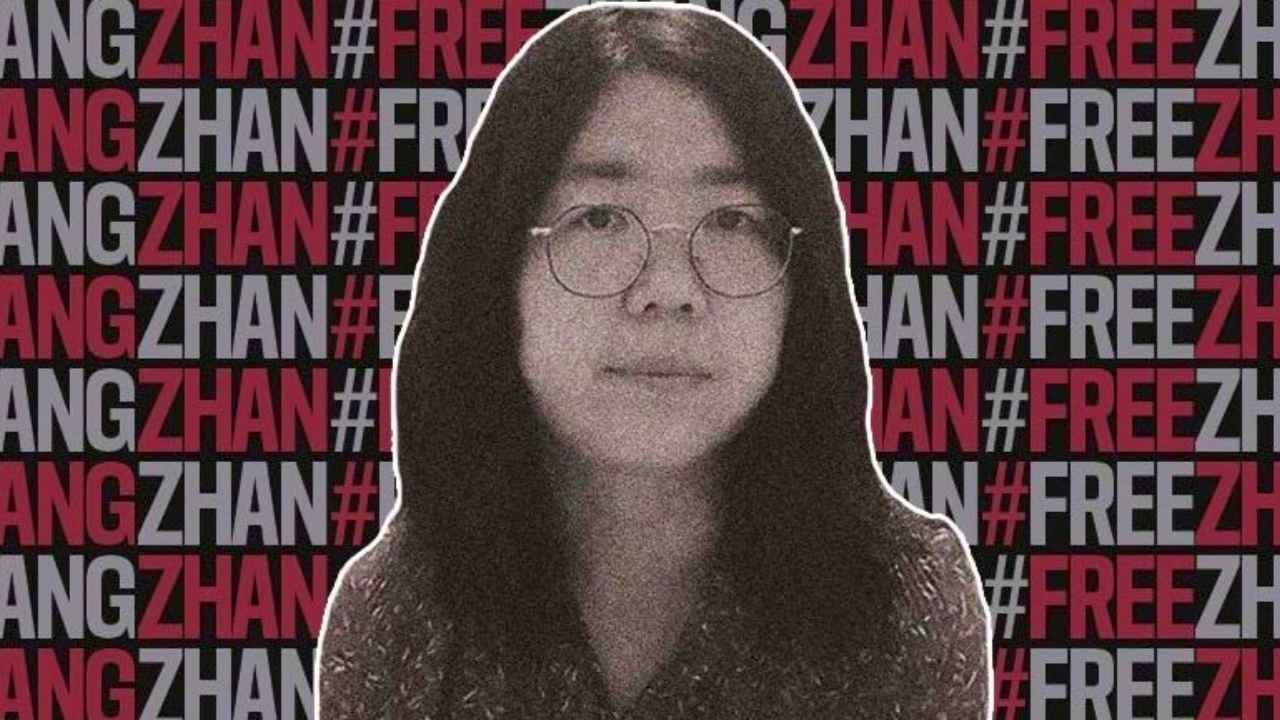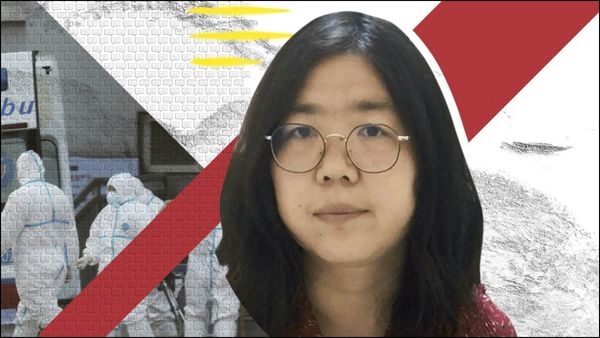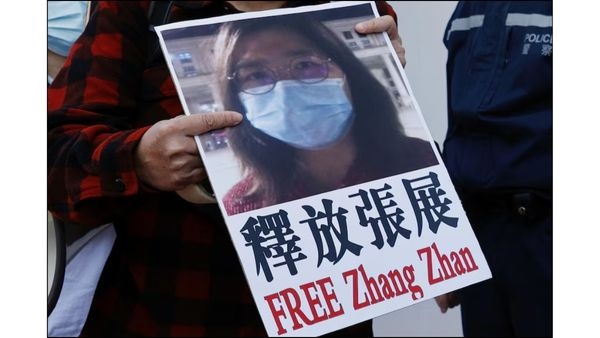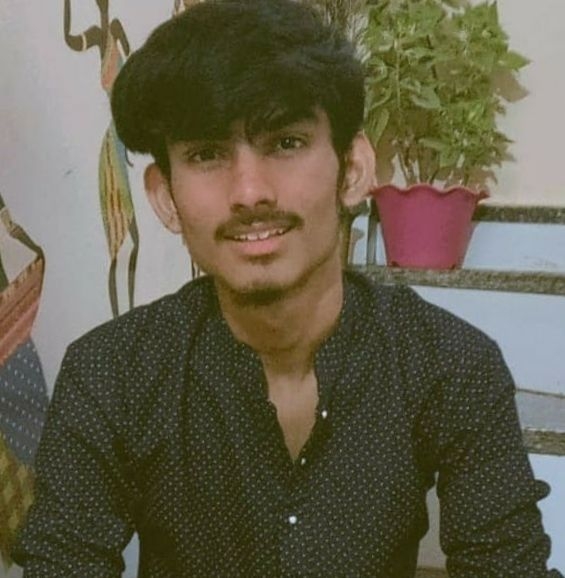Chinese Journalist Zhang Zhan Who Exposed COVID-19 Reality, Jailed Again! Independent Media Faces Growing Threat Under CCP
23 Sep 2025 15:34:43

Communist regimes, particularly those rooted in the hammer and sickle, have consistently silenced independent voices. In 2025, the authoritarian policies of the Chinese Communist Party (CCP) continue this trajectory, targeting anyone who dares to challenge its authority.
China has a long record of suppressing dissent and silencing critics, with the state-controlled media functioning less as a platform for journalism and more as a mouthpiece for CCP propaganda. The recent re-arrest of independent journalist Zhang Zhan once again underscores the deteriorating state of press freedom in the country and has sparked outrage among international media groups and human rights organisations.
Background of the Arrest
Chinese journalist and activist Zhang Zhan was convicted of “picking quarrels and provoking trouble” - a charge routinely used in China to target government critics - and sentenced to four years in prison on Friday, 19 September, by the Pudong New District People’s Procuratorate.
Reports suggest that Zhang went on hunger strike during her detention and may have been forcibly fed. Her family and lawyer have faced continuous harassment from the authorities, restricting their ability to share details about her condition. Consequently, little is known about her current health or circumstances.
Previous Arrest Over COVID-19 Reporting

Zhang Zhan was previously imprisoned on identical charges after her reporting from Wuhan during the early days of the COVID-19 pandemic. In February 2020, she travelled to Wuhan to provide on-the-ground information, documenting how officials detained independent reporters and harassed families of COVID-19 patients.
She disappeared in May 2020, later revealed to have been detained by authorities in Shanghai. Following a trial widely criticised as a sham, she was convicted and sentenced to four years in prison. She was released on 13 May 2024 after completing her sentence.
During her incarceration, Zhang undertook a hunger strike, resulting in multiple hospitalisations. Her weight reportedly fell to just 37 kilograms, half her pre-detention body weight.
After her release, she remained under strict surveillance and frequent harassment, leading to her re-arrest less than four months later. This latest detention came shortly after she travelled to Gansu province to support other human rights defenders.
International Condemnation

The United Nations, rights groups, and press freedom watchdogs have condemned Zhang’s re-arrest and sentencing. Jeremy Laurence, spokesperson for the UN Human Rights Office, described the reports as “deeply disturbing” and called for her “immediate and unconditional release”.
Aleksandra Bielakowska, advocacy manager for Reporters Without Borders (RSF), labelled the sentence “utterly appalling”, insisting that Zhang “should be celebrated globally as an ‘information hero’, not trapped in brutal prison conditions”.
Yalkun Uluyol, a researcher at Human Rights Watch, remarked: “Zhang’s politically motivated imprisonment is the price she pays for investigating the government’s wrongdoings. Authorities should drop all charges and release her without conditions. Other governments must raise her case with Beijing and press for her freedom.”
According to RSF, at least 124 media workers are currently imprisoned in China. The country ranks 178th out of 180 in the 2025 RSF World Press Freedom Index, further highlighting its grim record on press freedom.
Article by

Kewali Kabir Jain
Journalism Student at Makhanlal Chaturvedi National University of Journalism and Communication